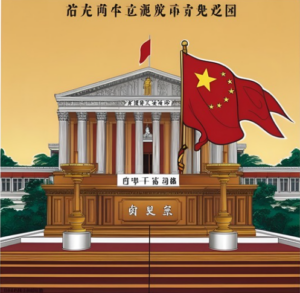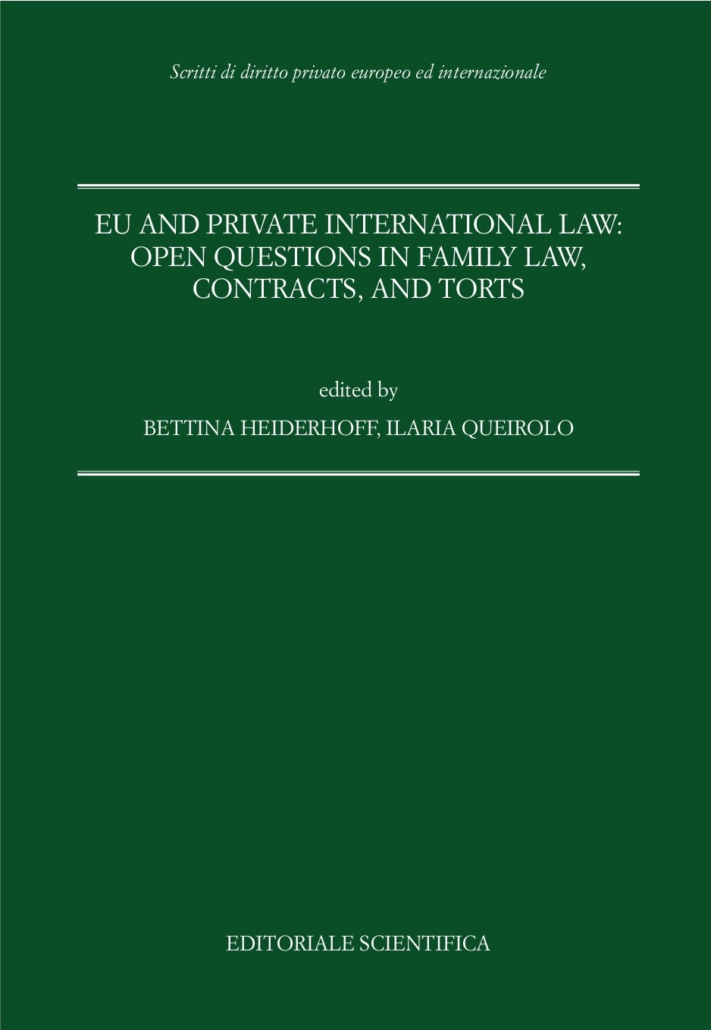Views
Australian Federal Court Backs India on Sovereign Immunity: Another Twist in the Devas v. India Saga
by Shantanu Kanade, Assistant Professor, Dispute Resolution, Jindal Global Law School, India
The Federal Court of Australia (“Federal Court”), in its recent judgement in the Republic of India v. CCDM Holdings, LLC[1] (“Judgement”), held that the Republic of India (“India”) was entitled to jurisdictional immunity from Australian Courts in proceedings seeking recognition and enforcement of foreign arbitral awards dealing with disputes arising from ‘non-commercial’ legal relationships. The Court’s judgment was rendered with respect to an appeal filed by India against an interlocutory judgement of a primary judge of the same court, rejecting India’s sovereign immunity claim.
Background of the Dispute
Three Mauritian entities of the Devas group (“Original Applicants”) had commenced arbitration proceedings in 2012 under the 1998 India-Mauritius BIT, impugning India’s actions with respect to an agreement for leasing of space spectrum capacity entered between Devas Multimedia Private Limited (an Indian company in which the Original Applicants held shares) and Antrix Corporation Limited (an Indian state-owned entity). In 2011, India’s Cabinet Committee on Security decided to annul the said agreement, citing an increased demand for allocation of spectrum towards meeting various military and public utility needs (“Annulment”). The arbitration proceedings that followed culminated in a jurisdiction and merits award in 2016[2] and a quantum award in 2020 (“Quantum Award”)[3]. The Original Applicants have since sought to enforce the Quantum Award against India in different jurisdictions, discussed here.[4]
Finder on the Supreme People’s Court’s Notice on Foreign State Immunity Procedures

The news about the Supreme People’s Court of the People’s Republic of China issuing the Notice on Procedural Matters Related to Civil Cases Involving Foreign State Immunity has been previously reported on this blog.
Following this significant development, Professor Susan Finder, a distinguished Scholar in Residence at Peking University School of Transnational Law, has kindly shared her insights on the matter. Her post was originally published on the Supreme People’s Court Monitor. Given its valuable contribution, we decided to repost it here.
Our sincerest thanks to Professor Susan Finder for her thoughtful analysis and generosity in sharing her thoughts. Read more
The Supreme People’s Court of the People’s Republic of China issued the Notice on Procedural Matters Related to Civil Cases Involving Foreign State Immunity
(This is written by Xiaoxuan Gu, a PhD student in School of Law, University of Macau)
The Foreign State Immunity Law of the People’s Republic of China (CFSIL) took effect on January 1, 2024.[i] To ensure its proper implementation and guide courts nationwide in lawfully and efficiently adjudicating civil cases involving foreign state immunity, the Supreme People’s Court (SPC) formulated supporting procedural rules. On March 26, 2025, the SPC issued the Notice on Procedural Matters Related to Civil Cases Involving Foreign State Immunity (hereinafter the “Notice”), which provides definitive guidance to courts at all levels in handling such novel foreign-related cases.
The Notice stipulates provisions on key procedural matters, including case acceptance criteria, centralized jurisdiction mechanisms, service of process rules, jurisdictional immunity review procedures, and protocols for obtaining evidentiary certifications from the Ministry of Foreign Affairs. Read more
News
Out Now (Open Access): Heiderhoff/Queirolo (eds), EU and Private International Law: Oper Questions in Family Law, Contracts, and Torts
A new volume coming out of the Programme in European Private Law for Postgraduates (PEPP) has just been published as part of the Scritti di diritto privato europeo ed internazionale series.
The table of contents can be found here; the full volume is available open access here.
HCCH Monthly Update: July 2025
Conventions & Instruments
On 1 July 2025:
- The 2019 Judgments Convention entered into force for the United Kingdom. At present, 33 HCCH Members are either bound by the 2019 Judgments Convention or a Contracting Party for which the Convention has not entered into force yet (Albania, Andorra, and Montenegro). More information is available here.
- The 1996 Child Protection Convention entered into force for El Salvador. The Convention currently has 57 Contracting Parties. More information is available here.
- The 2007 Child Support Convention entered into force for Colombia. At present, 55 States and the European Union are bound by the 2007 Child Support Convention. More information is available here.
- The 2005 Choice of Court Convention entered into force for Bahrain. At present, 37 States and the European Union are bound by the 2005 Choice of Court Convention. More information is available here.
On 5 July 2025, the 1970 Evidence Convention entered into force for the Philippines. The Convention currently has 69 Contracting Parties. More information is available here.
On 24 July 2025, the Republic of Moldova acceded to the 1970 Evidence Convention. The Convention currently has 69 Contracting Parties. More information is available here.
Publications
On 22 July 2025, the Permanent Bureau announced the publication of the fifth editions of the Practical Handbooks on the Operation of the 1965 Service and 1970 Evidence Conventions. Incorporating recent developments, court decisions, and practical examples provided by experts from around the world, as well as updates from the meeting of the Special Commission held in July 2024, the fifth editions of the Handbooks are essential resources for anyone involved in the implementation and operation of the 1965 Service and 1970 Evidence Conventions. More information is available here.
Meetings & Events
On 10 July 2025, the Permanent Bureau of the HCCH and the Asian Business Law Institute co-hosted the webinar “Cross-border Commercial Dispute Resolution – Electronic Service of Documents and Remote Taking of Evidence”. More information is available here.
On 11 July 2025, the first meeting of the Working Group dedicated to the Model Forms for Chapter II of the 1970 Evidence Convention was held online, hosted by the Permanent Bureau. More information is available here.
Other Developments
On 9 July 2025, the premises of the HCCH’s Regional Office for Africa, hosted by the Kingdom of Morocco, were officially opened in Rabat. More information is available here.
On 10 July 2025, the Permanent Bureau of the HCCH announced several developments with regard to the HCCH’s International Child Abduction Database (INCADAT), including the launch of its new notification service. More information is available here.
These monthly updates are published by the Permanent Bureau of the Hague Conference on Private International Law (HCCH), providing an overview of the latest developments. More information and materials are available on the HCCH website.
Changes to the Editorial Board
We are delighted to announce that Wilson Lui will be joining our Editorial Board. Wilson holds degrees from the Universities of Oxford, Cambridge, the Chinese University of Hong Kong and the University of Hong Kong. He currently teaches at the University of Hong Kong while working towards his PhD at the University of Melbourne. His many publications include a comprehensive volume on the conflict of laws in Hong Kong, Hong Kong Private International Law (Hart 2025; together with Anselmo Reyes).
At the same time, we are sad to see Samuel Fulli-Lemaire (Université de Strasbourg), David P. Stewart (Georgetown University), and Marlene Wethmar-Lemmer (University of South Africa) retire from the blog after years of service to this project – we are all the more grateful for their contributions and wish them all the best.



